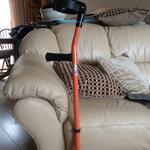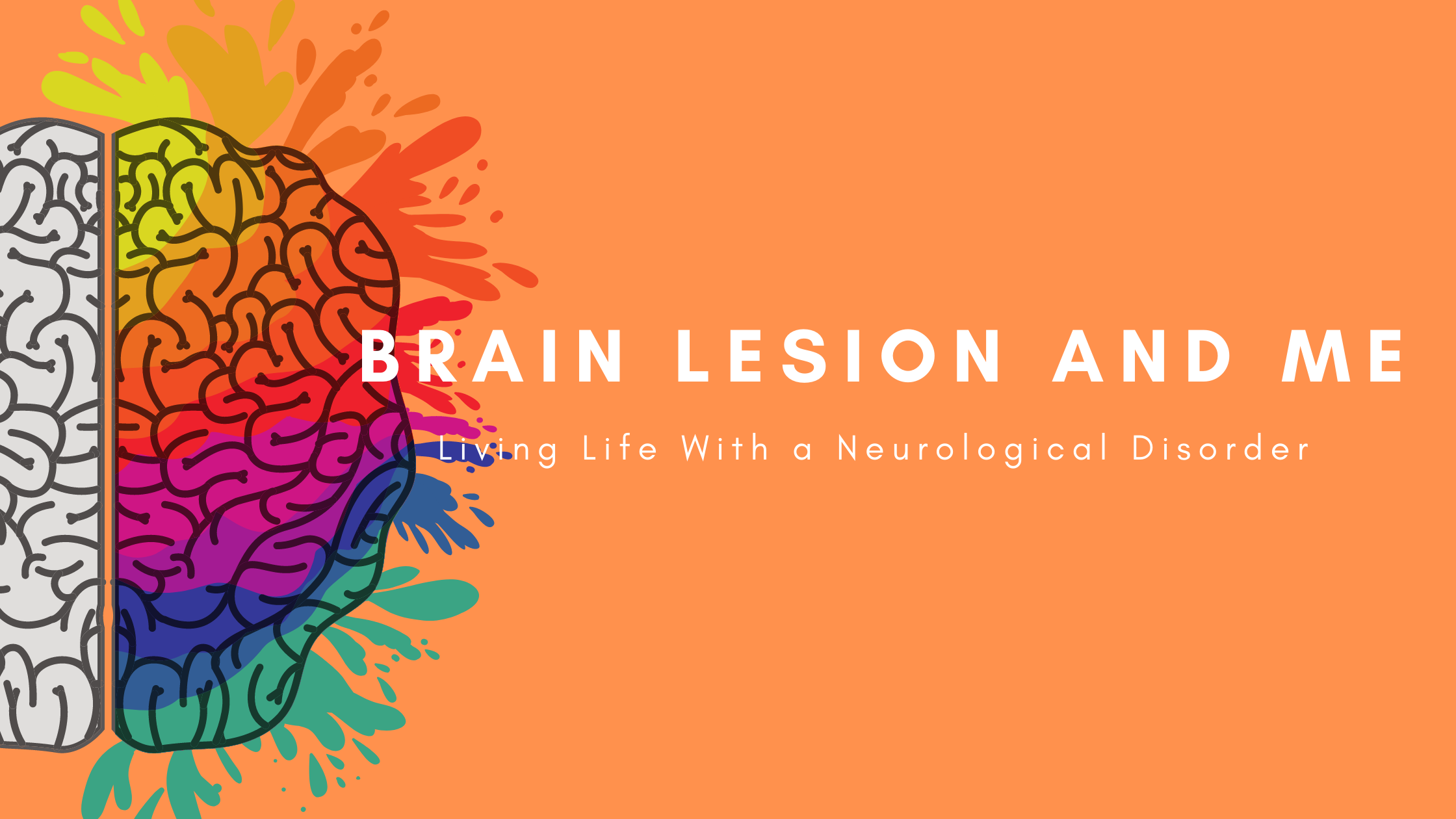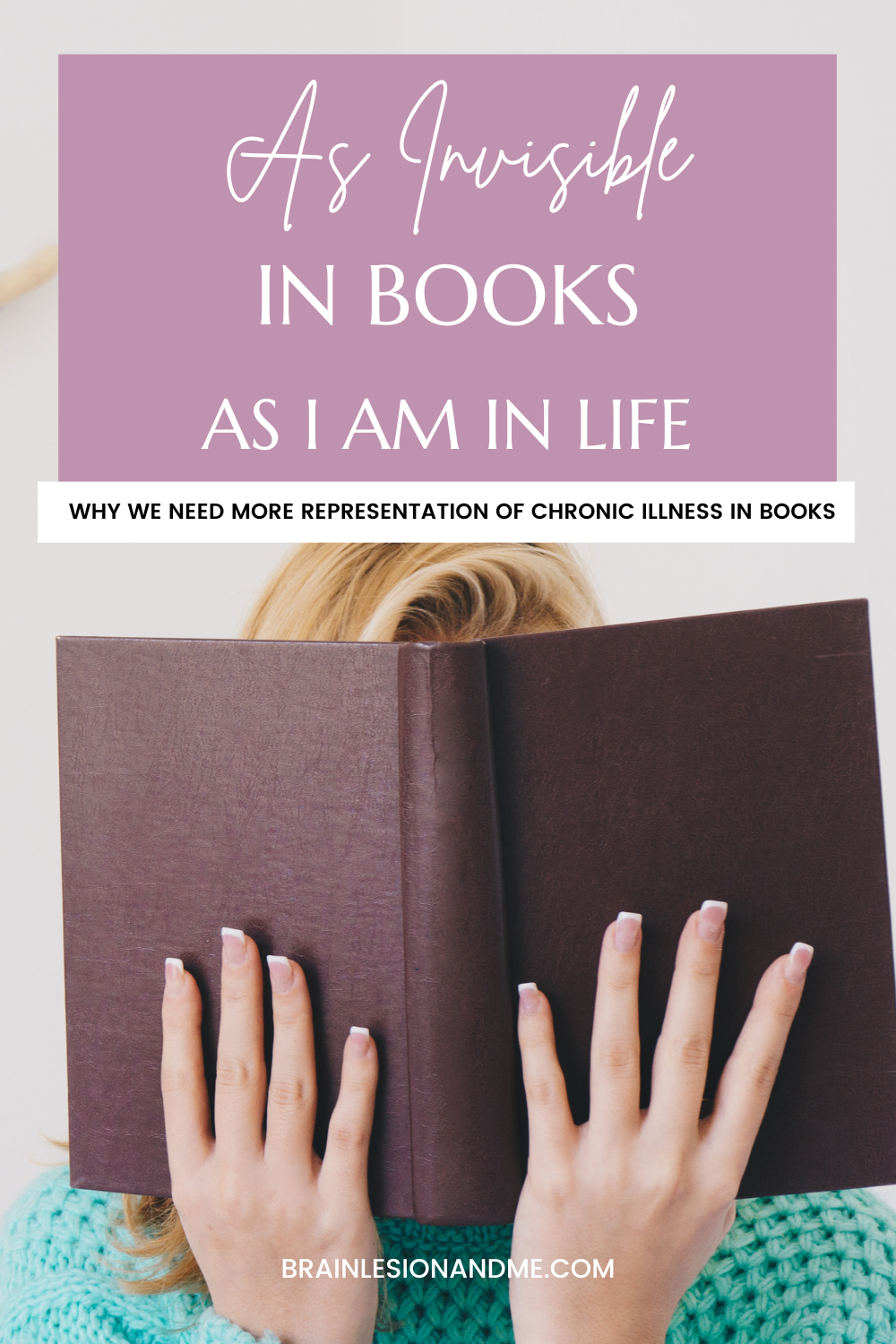
Welcome to the Health Activist Writer’s Month Challenge brought together by WEGO Health – a social network for all health activists. Again, I am participating in the annual Writer’s Month Challenge in which I will be writing about my health activism and health condition based on given prompts.
Monday 13th April: Perfect Comeback
Tell us about a time when you felt marginalised or stigmatised by someone because of your health condition. Maybe at the time you didn’t speak up, or maybe you did – what did you say or what you have said to take back control and let them know that they were out of line?
It is an extremely difficult prompt for me to answer.
I guess that I am lucky that I have never been in any situations where I have felt marginalised or stigmatised because of my health condition. One reason, for this, maybe is because the disorder which I live with is neurological, and therefore invisible.
By just looking at me, you could never know about the battle I always live with regarding my health and mobility.
Sure, I use a crutch when I am out of the house, but even when I am out with the mobility aid, I have not encountered any negative comments from other people. Some ask questions about the reasons behind it, often assuming that the crutch is temporary due to an injury to my leg. A situation which does not warrant confronting them about being out of line, I am sure you will agree. Others comment on the look of my crutch, loving the orange colour of my stick.

A bright and funky crutch can be a real talking point
The only examples of when I may have been stigmatised are times when I have been in my wheelchair, and when in shops, for example, people have started talking to my carer instead of myself, assuming that I was unable to speak for myself. Looking on social media, and reading other blogs by fellow spoonies, unfortunately, this assumption is widespread with many reporting that they have felt people have spoken to them as if they are stupid when in a wheelchair. Why this is, I cannot say, but perhaps many are misinformed about disabilities and failing to distinguish between physical and intellectual disabilities. These anecdotes suggest that many people are wrongly assuming that those in wheelchairs due to physical limitations or conditions also have an intellectual disability.

Being in a wheelchair can be lonely and isolating enough without people assuming that we are also stupid!
In this situation, I could have said something to educate them on the facts. I could have informed them that there was no need to talk to somebody else besides myself, as someone holding a degree in Psychology, I am perfectly capable of speaking for myself. However, I didn’t. Why is that?
Well, as somebody who was bullied at school, I lack self-confidence and as a result, find it difficult to speak up for myself. Even all these years since, assertiveness is a skill that I struggle putting into practice. Whenever someone says a snide comment, I am unable to think of a good comeback remark to the person, and if I did, I am too timid to say it to them. Even when in need of complaining about bad service or product, I am much more confident and adept at putting my thoughts in writing. I am somewhat of an introvert, being more comfortable with reflecting on social interactions rather than being comfortable in participating in them.
So, during those situations when a person has wrongly assumed that I am stupid or unable to talk for myself, honestly I am not sure of the appropriate response or how I would respond if the situation arose again. But, perhaps maybe this prompt has made me aware of the need for assertiveness training and a dose of self-confidence.




Maya Northen
I think that many of us with chronic illness deal with the need for an extra dose of self confidence, and it can be so difficult when people assume things they know nothing about – even if they aren’t intentionally stigmatizing, it can be at best annoying and at worst painful. I think it’s great that you choose things like a bright and funky crutch, though. If you can’t eliminate people’s ignorant thinking, might as well give them something to talk about! 🙂